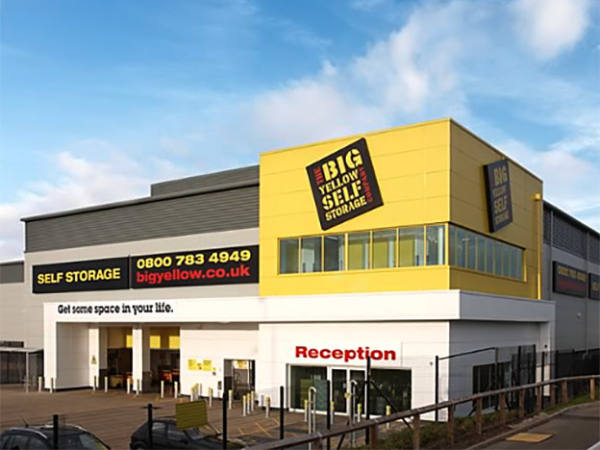- Consumer downtrading is helping beer sales
- Valuation brings on buy opportunities
Drinkers looking for a cheaper buzz could enliven the share prices of major breweries such as Carlsberg (DK:CARL) and Heineken (NL:HEIA), which have seen their valuations tumble in the past two years.
In what at times looked like an unstoppable trend over recent years, gin and whiskey sellers such as Diageo (DGE) have benefited at the brewers' expense as beer volumes slid and consumers piled into premium spirits. Alcohol market researcher IWSR expects US beer volumes to fall by a compound annual growth rate of 2 per cent between 2022 and 2027, after they contracted at the same rate between 2019 and 2021.
But there are signs that the battle for alcohol market share could be heating up. HSBC, whose analysts raised their recommendation on Carlsberg (DK:CARL) to a buy in December due to its profit outlook and valuation profile, posits that “economic pressures in some markets will lead to trading down into beer and so the extent of [spirits] outperformance is likely to be lower than in previous years”. At the same time, the bank's consumer staples team downgraded Pernod Ricard (FR:RI) on the back of the "tough climate for the spirits industry".
Evidence of downtrading was apparent in Guinness owner Diageo’s interim results this week. The update revealed painful volume declines in spirits, including in the company's key US market, as drinkers decided to buy beer instead of tequila and vodka. Diageo's beer volumes were up 3 per cent in North America and 7 per cent in Europe, with a 24 per cent uptick in Guinness sales in the latter region.
Tequila weakness is a particular problem for Diageo, given expensive brands of the Mexican spirit have been key North American growth drivers. Something to watch as this year progresses is tequila prices in the aftermath of agave supply headwinds. RBC Capital Markets expects "a glut of cheap tequila" to enter the market in 2024.
The valuations of brewer market leaders Anheuser-Busch InBev (BE:ABI), Carlsberg and Heineken are currently lower than Diageo's, although the gap isn't huge. Carlsberg is the brewer with the lowliest rating, with its shares trading at 16 times forward earnings, compared with 18 times at Diageo. Two years ago Heineken was on a price/earnings (PE) ratio of 28 times, alongside Diageo.
RBC thinks that the brewers’ “concentration on M&A has compromised organic performance and the evolution of the beer category”, although it argues that fresh executive blood is starting to address this. The longest-standing big brewer chief executive (Heineken's Dolf van den Brink) was appointed in 2020. Carlsberg boss Jacob Aarup-Andersen, who took the reins last September, is the newest face on the block.
As with Diageo, volume performance has been weak, with all three brewers reporting a fall in their most recent updates. Drinkers are not happy paying significantly more for pints, as demonstrated by Heineken's 5.4 per cent beer volume fall in its third quarter after putting through inflationary price increases. Non-alcoholic beers have performed relatively well, though, with brands such as Heineken's Tecate 0.0 posting growth against this backdrop of struggling traditional products.
When it comes to profitability metrics, Budweiser owner AB InBev is a standout brewer. But margins at the big beer producers are well below those at Diageo, which until recently had seen earnings climb from higher sales of more expensive offerings, such as George Clooney's £50-a-bottle tequila, Casamigos.
AB InBev is a brewer dealing with a unique situation in the US, where its sales have been hit badly by a Bud Light marketing controversy last year. At the same time, the company has a $1bn (£790mn) share buyback programme on the go, which some think could be connected to cigarette business Altria (US:MO) potentially selling its 10 per cent holding in the business. Leverage is belatedly heading firmly downwards with the debt overhang from the £79bn SABMiller acquisition in 2016 now much less of a concern.
While the spirits category looks set to continue to make progress against the wider alcohol market in the years ahead, the process might not be as easy as many assumed. Some analysts are convinced that the spirits situation in the US market is worse than feared. Deutsche Bank analyst Mitch Collett, whose top European beverages sector pick is Heineken and least preferred is Diageo, thinks "there is scope for demand to deteriorate further".
Investors should at least consider the benefits of picking a frothing pint over a stiff gin and tonic in this volatile market environment. Forecasts are for brewers' earnings to tick upwards from this year before climbing more steadily from 2025.








